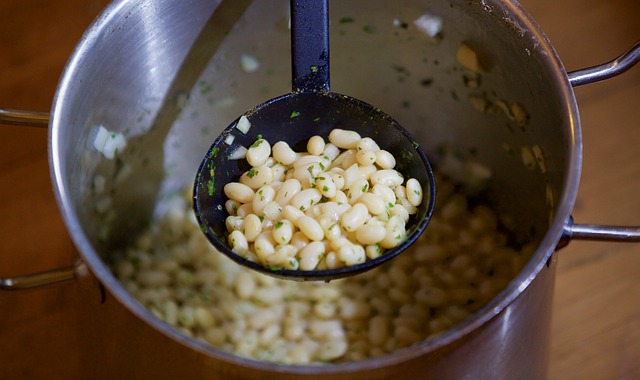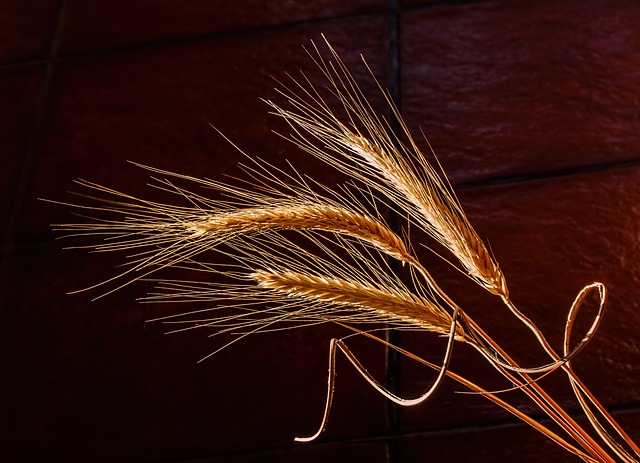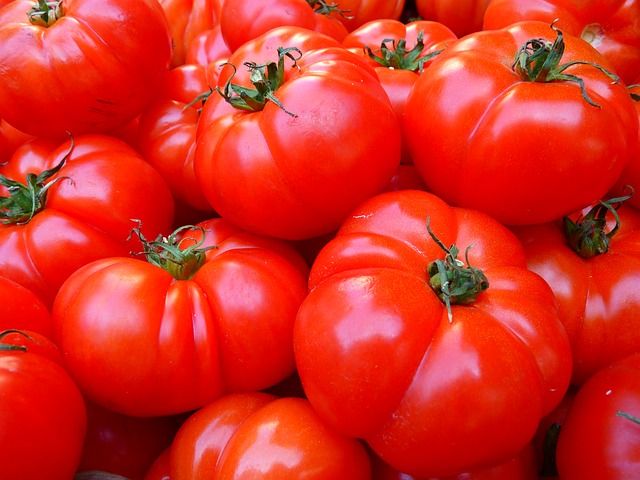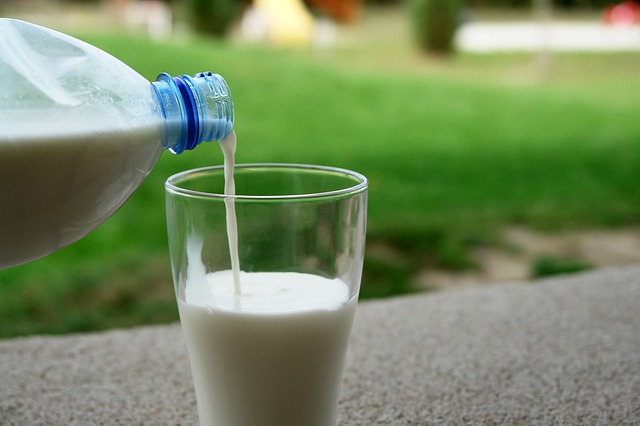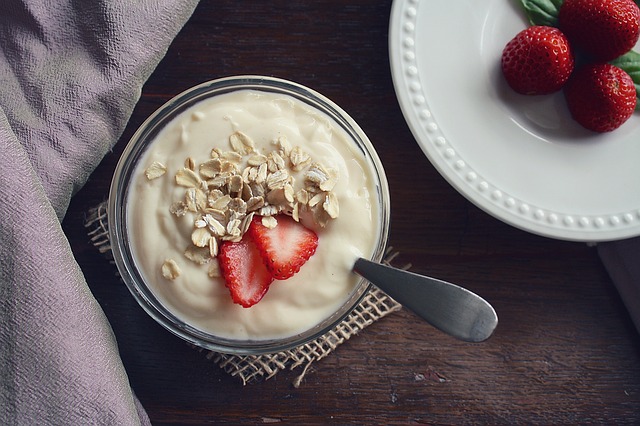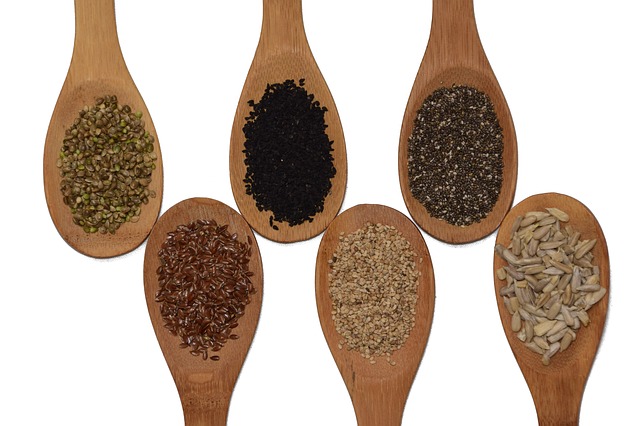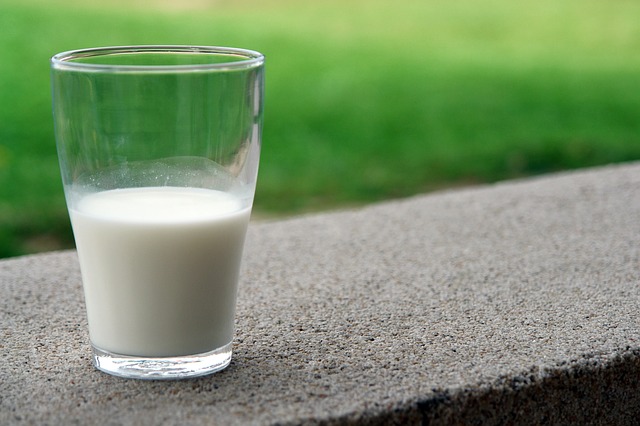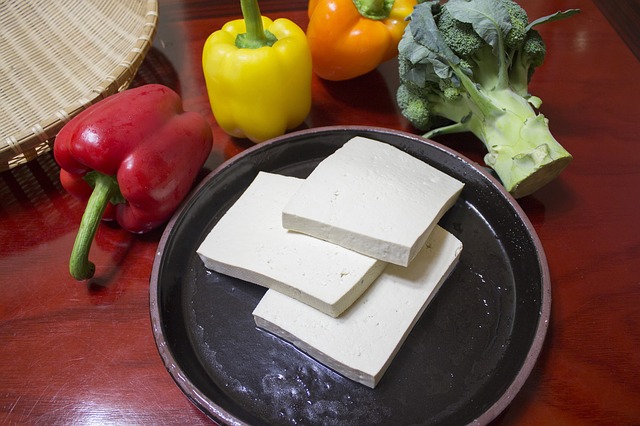5 Essential Nutrients for Healthy Growth in Children

1. Proteins
Proteins help your child in building new body cells, breaking down food into energy, fight infection, and carry oxygen. Foods that contain high levels of protein are meat, poultry, fish, eggs, nuts, beans, and dairy products.
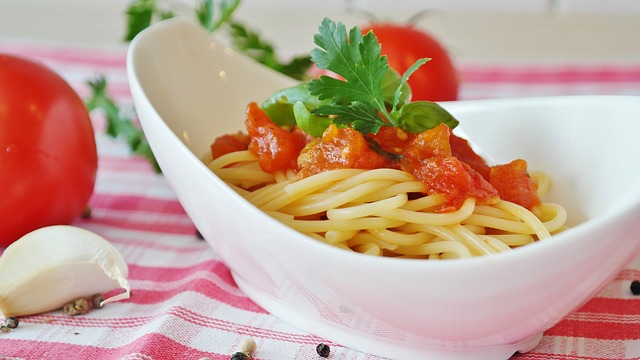
2. Carbohydrates
Carbohydrates are as essential for your child as any other food. The body use fats and proteins for building and repairing tissues. Foods that contain high levels of carbohydrates include breads, cereals, rice, pasta and potatoes.

3. Fats
Fats are a great source of energy for kids and are easily stored in a child’s body. They are also important in helping the body to properly use some of the other nutrients it needs. Foods that contain high levels of fats include whole-milk dairy products, cooking oils, meat, and fish.

4. Calcium
Calcium is essential in helping to build a child’s healthy bones and teeth. It’s also important for blood clotting and for nerve, muscle, and heart function. Foods that contain high levels of calcium include milk, cheeses, yogurt, ice cream and egg yolks.
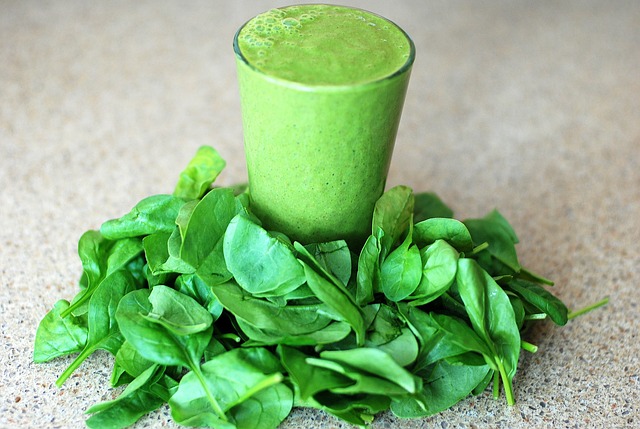
5. Iron
Iron is necessary for a child to build healthy blood that carries oxygen to cells all over the body. Foods that contain high levels of iron include red meats, liver and poultry. Folate deficiency can cause anemia in children. Foods that contain high levels of folate include whole-grain cereals, lentils and spinach.





